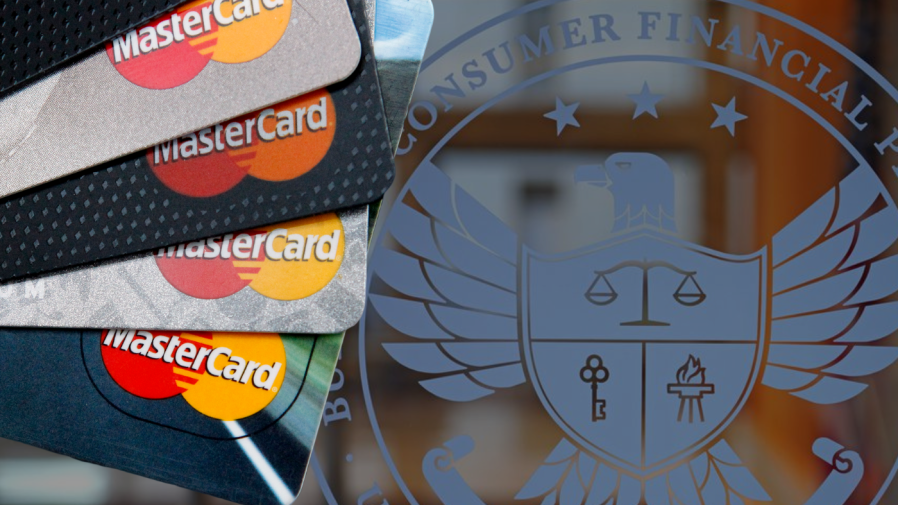Biden admin cements new rule to limit credit card late fees

The Consumer Financial Protection Bureau (CFPB) finalized a rule Tuesday to limit late payment fees issued by credit card companies, a move the agency says will reduce the typical fee by 75 percent and save U.S. consumers an average of $220 per year.
The consumer watchdog agency estimated the rule would save Americans more than $10 billion in late fees each year and reduce the typical fee from $32 to $8.
The White House touted the new rule as part of a wider initiative by the Biden administration to crack down on “junk fees,” or various types of charges that are levied on consumers by the financial sector.
“It builds off of steps the CFPB has already taken to crack down on junk fees in the banking sector, including fees for basic customer services and moving to curb overdraft fees and bounced check fees,” the White House said Tuesday.
Republicans opposed the new rule, arguing that fees help to discipline consumers.
“Lawful and contractually agreed upon payment incentives promote financial discipline and responsibility,” Senate Banking Committee ranking member Tim Scott (R-S.C.) said in a statement.
Scott, a former 2024 GOP presidential candidate, said he would use the Congressional Review Act process to block the implementation of this rule, which is scheduled now to go into effect in 60 days.
Consumer advocacy groups are praising the lowered cap on credit card fees, while several industry groups are opposing it.
“Credit card companies collect billions of dollars in excessive late fees at the expense of economically vulnerable families every year,” said Chuck Bell, director of advocacy at the nonprofit Consumer Reports, in a statement.
“The financial burden of late fees falls most heavily on people living paycheck-to-paycheck, low- and moderate-income consumers, and people of color.”
Bank and business lobbying groups are dead set against the rule change. The U.S. Chamber of Commerce, the American Bankers Association (ABA), the Bank Policy Institute (BPI) were among several trade groups to come out against the rule change.
The ABA said it could result in “more late payments, higher debt, lower credit scores and reduced credit access.”
Analysts noted the political dimension of the rule change, which comes days before the president’s annual State of the Union address.
“This increasingly political rule will almost surely get a mention in the president’s State of the Union. The White House announcement put the rule in the context of ‘junk fees’ and ‘corporate rip-offs.’ This irritates card issuers to no end,” Ian Katz, director at Washington research consultancy Capital Alpha Partners, wrote in an analysis.
The move follows the announcement of a White House “strike force” to limit price gouging, which has played a part in elevated inflation following the pandemic.
National economic adviser Lael Brainard told reporters Monday that some corporations haven’t been passing savings onto consumers as wholesale prices have been coming down. Rather, they’ve been tacking on extra fees, hiding costs and sometimes even breaking the law, she said.
The CFPB found that credit card fees have been going up since 2009 when credit card laws were overhauled in the CARD Act. In 2022, credit card companies charged consumers an all-time high of $130 billion in interest and fees in 2022, the CFPB found.
“The average late fee for major issuers has steadily ticked up since the passage of the CARD Act, going from $23 at the end of 2010 to $32 in 2022. For some large credit card companies, late fees are a major driver of their profit model,” the CFPB said Tuesday.
For the latest news, weather, sports, and streaming video, head to The Hill.

